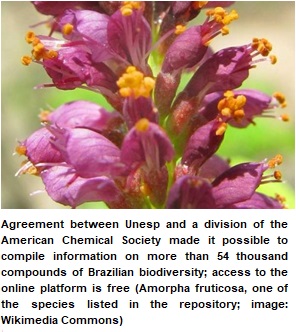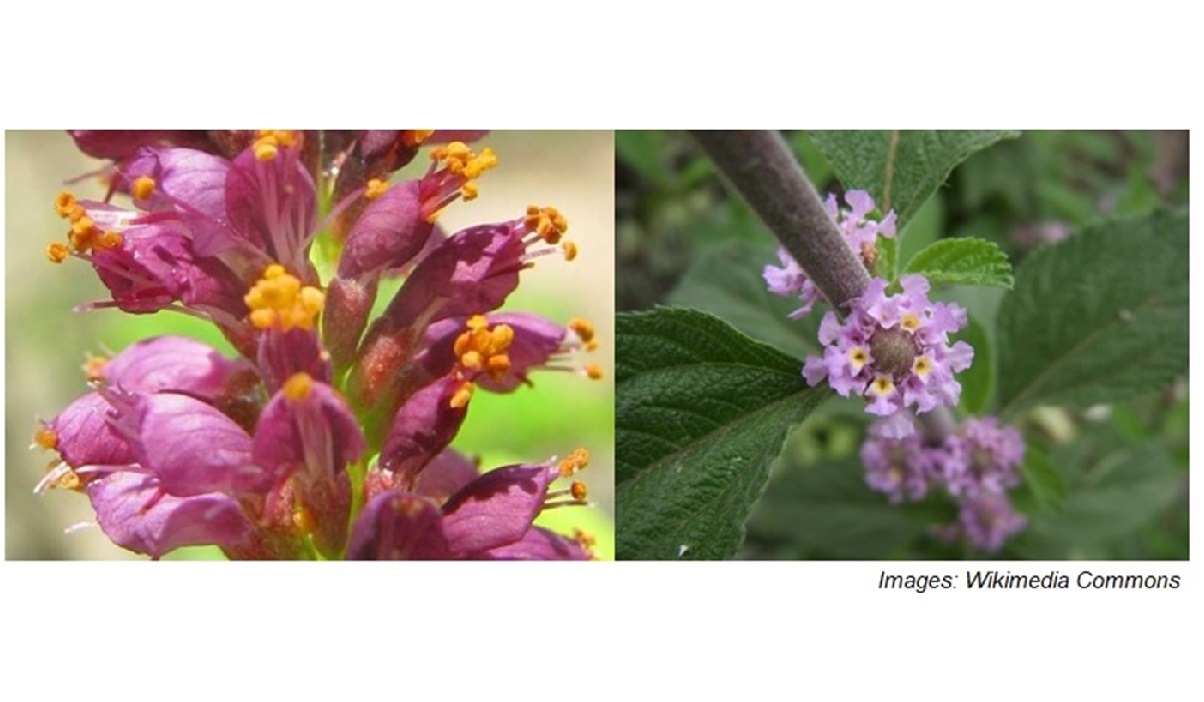 By Agência FAPESP (São Paulo Research Foundation) – A database with detailed information on more than 54,000 compounds from Brazilian biodiversity was created through a collaboration between the Chemistry Institute of the São Paulo State University (Universidade Estadual Paulista / IQ-Unesp) in Araraquara and the Chemical Abstracts Service ( CAS) – division of the American Chemical Society.
By Agência FAPESP (São Paulo Research Foundation) – A database with detailed information on more than 54,000 compounds from Brazilian biodiversity was created through a collaboration between the Chemistry Institute of the São Paulo State University (Universidade Estadual Paulista / IQ-Unesp) in Araraquara and the Chemical Abstracts Service ( CAS) – division of the American Chemical Society.
The process of systematizing the information has just been completed and Brazil now has the second largest database on natural products in the world, behind China.
Available on a free online platform, the repository gathers information on occurrence, chemical structure, analytical data and medicinal chemistry, in addition to having a list of articles published on each element. Thus, the collection allows scientists from academia and industry to research, analyze and compare the chemistry of natural bioactive compounds, facilitating the study and creation of new chemical or medicinal products.
“The broad and open access of the scientific community to the database is essential for science and technology to advance in the country. The systematization of information brings greater efficiency to the research, since it avoids the repetition of studies and facilitates the formulation of new hypotheses based on previous discoveries. With the collection, it becomes easier to identify targets that have not yet been well studied ”, said Vanderlan Bolzani, full professor at IQ-Unesp, member of the coordination of the BIOTA-FAPESP Program and of the Superior Council of FAPESP.
Bolzani points out that, due to its rich biodiversity, the country has enormous potential for the production of knowledge and products with added value – including natural or derivative medicines, food supplements, cosmetics and materials for pest control and agricultural parasites.
“Brazil gathers approximately 20% of all species on the planet. This database is strategic to expand our knowledge about Brazilian biodiversity ”, said Bolzani.
The compilation of information on natural products has been carried out for six years by researcher Marilia Valli, under the supervision of Bolzani, who is also coordinator of the National Institute of Science and Technology in Biodiversity and Natural Products (INCT-BioNat) and vice-coordinator of the Center of Research and Innovation in Biodiversity and Drug Discovery – CIBFar, one of FAPESP’s CEPIDs (Research, Innovation and Dissemination Centers).
The database of the Nucleus of Bioassays, Biosynthesis and Ecophysiology of Natural Products (NuBBE Database) was created through collaboration between the Unesp nucleus and the Laboratory of Medicinal and Computational Chemistry (LQMC), led by Prof. Adriano D. Andricopulo, from São Carlos Institute of Physics of the University of São Paulo (IFSC-USP).
Since last year, the director of CAS Brasil, Denise Ferreira, has been working on the CAS-USA collaboration agreement, giving impetus to the project for the creation of the database of Brazilian biodiversity products. The American Chemical Society division has a large team with technical experience in curating information, verification and data mining.
The initiative gathered information contained in more than 30 thousand articles published in scientific journals, reaching 51,973 compounds of plants native to Brazil. In addition to these compounds, another 2,219 have been systematized in the NuBBE Database, from Unesp. Altogether there are 54,192 compounds in the collection.
The CAS team made the selection of the information, the link with the bibliographic reference source, the identification of the molecules and the preparation of data transfer files for incorporation into the NuBBE Database.
This was the first time that CAS carried out the licensing (donation) for a base such as NuBBE, which is publicly accessible. Generally, the entity charges for access to your data.
According to Ferreira, the unprecedented agreement was a way to support Brazilian science after the destruction of the National Museum in Rio de Janeiro by fire in 2018 (read more at: agencia.fapesp.br/31815).
Link to original article: http://agencia.fapesp.br/brasil-detem-segunda-maior-base-de-dados-de-produtos-naturais/32549/





